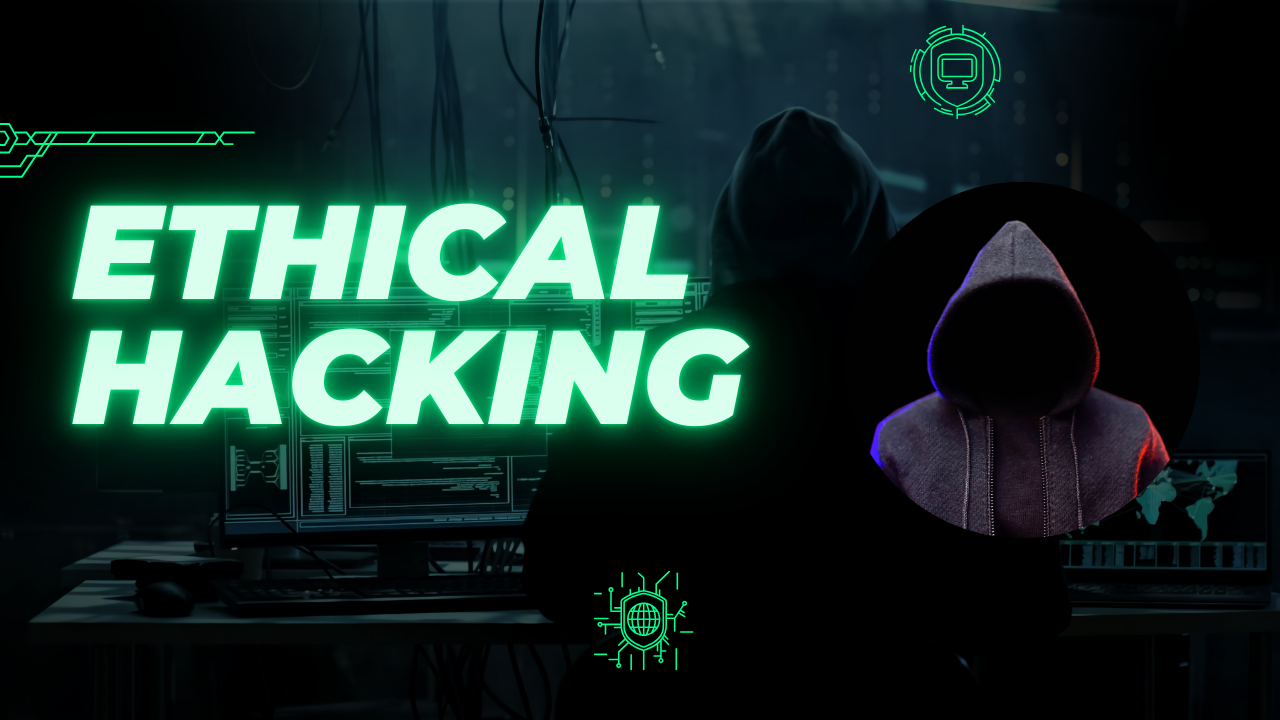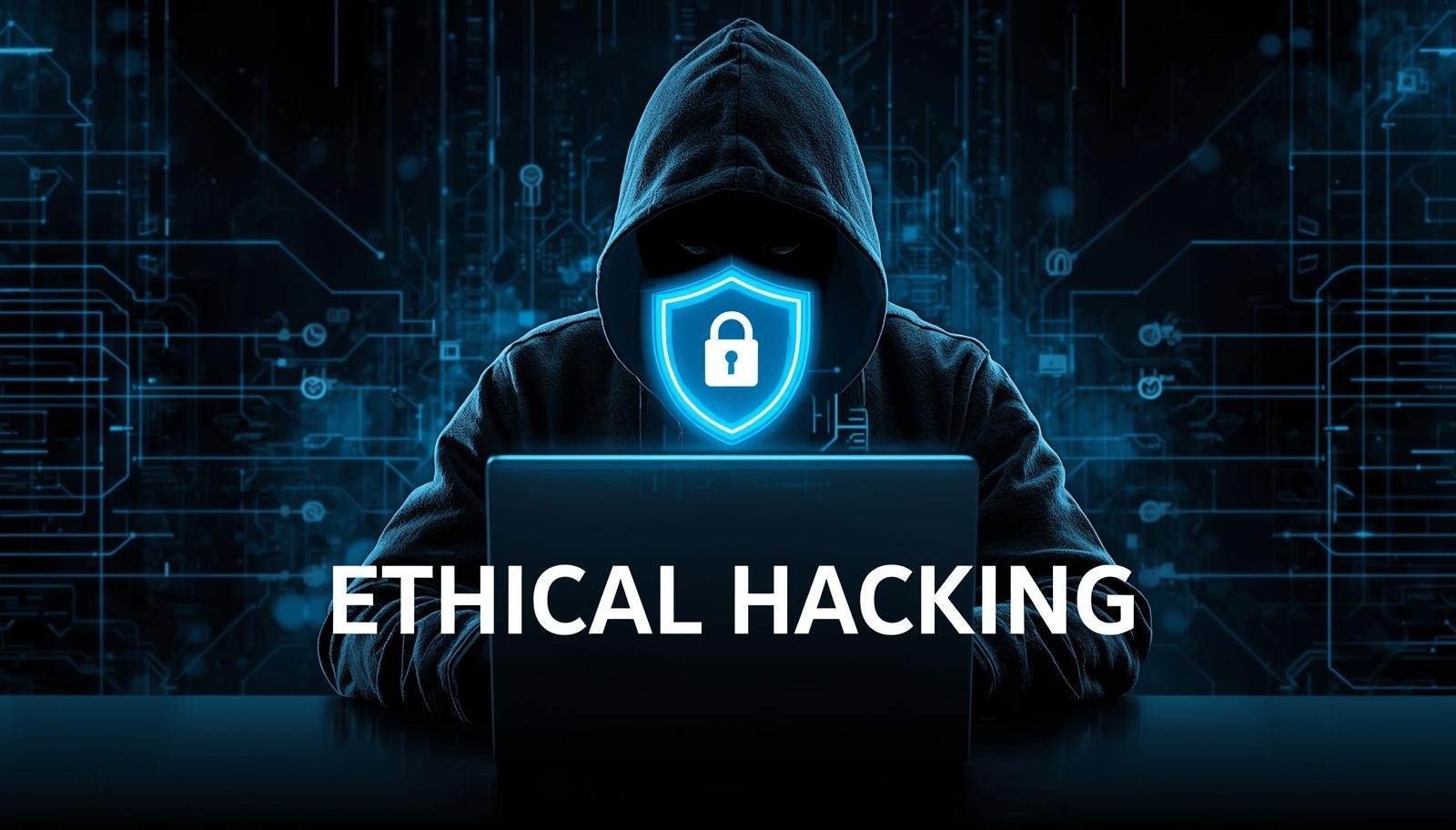In today’s digitally connected world, war is no longer confined to borders or battlefields. Cyberattacks have become a powerful weapon, and businesses—regardless of size or location—are now frontline targets. During international conflicts, the risk of cyber threats multiplies, putting corporate data, operations, and reputation at serious risk.
At MRWEBSECURE, we understand how cyber warfare evolves during times of international tension. This blog will walk you through the real risks businesses face during global conflicts and provide clear steps on how to stay protected.
Why Are Businesses at Risk During International Conflicts?
International conflicts trigger an uptick in cybercrime for several reasons:
- State-sponsored cyber warfare: Governments may launch cyberattacks on rival nations, targeting infrastructure, corporations, and critical industries.
- Hacktivism: Political groups or cyber activists may attack companies to make a political statement.
- Collateral damage: Even if a business isn’t directly targeted, it can be affected if it relies on compromised software or suppliers.
- Opportunistic hackers: With global attention elsewhere, criminals exploit the chaos to launch their own attacks.
Real-World Examples
- Russia-Ukraine Conflict (2022–present): Several global businesses experienced cyber disruptions due to malware like HermeticWiper and targeted DDoS attacks.
- Israel-Gaza Conflict (2023): Multiple websites of private Israeli companies were targeted by cyber activists worldwide.
- NotPetya Attack (2017): Though it started in Ukraine, it affected global companies like Maersk and FedEx, causing billions in damages.
These examples highlight a scary truth: No business is too small or too far removed from a conflict to be affected.
Top Cybersecurity Risks for Businesses During Wartime
1. Ransomware Attacks
During conflicts, ransomware groups often take advantage of weakened global security. They can lock businesses out of their own systems and demand payment.
- Why it’s dangerous: Operations halt, data is lost, and paying the ransom doesn’t guarantee recovery.
2. Data Breaches
Sensitive business data—like customer info, financials, and trade secrets—becomes a prime target.
- Why it’s dangerous: Data breaches lead to lawsuits, fines, and long-term reputation damage.
3. Phishing and Social Engineering
Attackers trick employees into clicking malicious links or giving up login credentials by exploiting wartime fears and uncertainty.
- Why it’s dangerous: Human error is still the leading cause of successful cyberattacks.
4. Supply Chain Attacks
Businesses that depend on software, cloud services, or hardware from affected regions are highly vulnerable.
- Why it’s dangerous: You may be infected through a trusted vendor without even realizing it.
5. Distributed Denial of Service (DDoS) Attacks
Hackers flood a company’s website or servers with traffic, causing them to crash.
- Why it’s dangerous: It disrupts service, affects customers, and hurts your brand.
6. Malware and Spyware
State actors and cybercriminals deploy malware to monitor business communications or steal data.
- Why it’s dangerous: These tools can remain hidden for months, collecting information.
7. Zero-Day Exploits
During global tensions, hackers are quick to exploit unknown software vulnerabilities before developers can fix them.
- Why it’s dangerous: No existing security tools can detect these threats immediately.
Which Businesses Are Most at Risk?
Any business connected to the internet is at risk, but the following industries are especially vulnerable:
- Finance and Banking
- Healthcare
- Energy and Utilities
- Telecom and IT Services
- Manufacturing and Logistics
- Media and News Agencies
- Government Contractors and Defense Suppliers
Even startups and small businesses that believe they’re “too small to target” are increasingly being hit.
How to Protect Your Business from Cyber Threats During Wartime
1. Conduct a Risk Assessment
Identify where your business is most vulnerable. Focus on data, systems, third-party vendors, and employee access.
2. Update All Software and Systems
Patch any outdated software. Ensure that operating systems, applications, and security tools are up to date.
3. Backup Data Regularly
Keep secure, encrypted backups offline and test your recovery process. Don’t wait until it’s too late.
4. Strengthen Access Controls
- Use strong, unique passwords.
- Enable multi-factor authentication (MFA).
- Limit admin access to only essential personnel.
5. Train Employees on Cyber Hygiene
Regular training helps staff recognize phishing emails, avoid suspicious downloads, and report unusual activity.
6. Monitor for Suspicious Activity
Use intrusion detection systems, endpoint protection, and security information and event management (SIEM) tools.
7. Have a Cyber Incident Response Plan
Create a clear, documented plan for what to do during a breach—who to contact, how to isolate systems, and how to inform stakeholders.
8. Secure Your Supply Chain
Ask your vendors about their cybersecurity protocols. Don’t assume third-party services are safe.
9. Use Encrypted Communication
For sensitive data and meetings, use encrypted email and secure communication platforms.
10. Work with a Cybersecurity Partner
Businesses need expert support. MRWEBSECURE can help you assess vulnerabilities, implement protections, and respond swiftly to threats.
How MRWEBSECURE Supports Businesses During Global Conflicts
MRWEBSECURE specializes in helping businesses stay safe, even in the most challenging times. Our team offers:
- Cyber Risk Assessments and Audits
- Managed Detection and Response (MDR)
- Security Awareness Training
- Incident Response and Recovery Support
- Endpoint and Network Protection Solutions
- Supply Chain Security Evaluations
Whether you’re looking to strengthen your cybersecurity posture or recover from an attack, we’re here to guide you every step of the way.
Final Thoughts
In times of international conflict, cyber threats become more aggressive, widespread, and unpredictable. Businesses cannot afford to assume they are safe or unimportant targets.
Now is the time to strengthen your digital defenses, educate your teams, and partner with experts who understand the complex nature of wartime cybersecurity.
At MRWEBSECURE, we’re committed to helping businesses prepare, prevent, and protect against cyberattacks—no matter what the world throws at us.
Contact us today to secure your business against wartime cyber threats.





